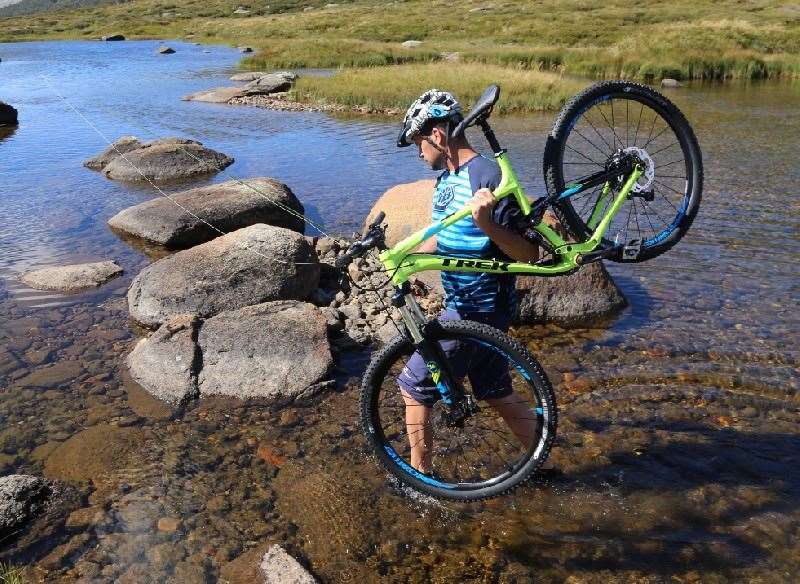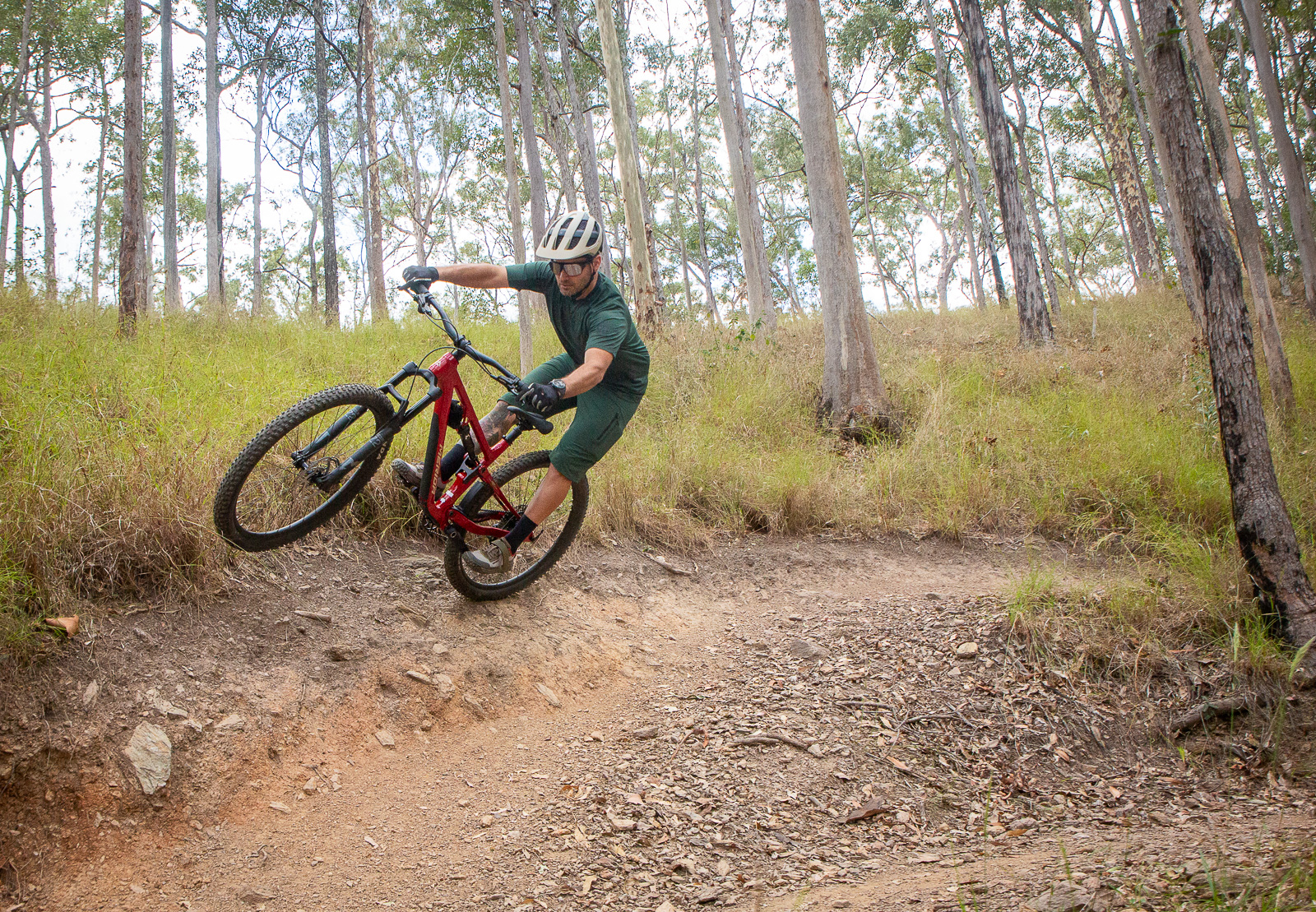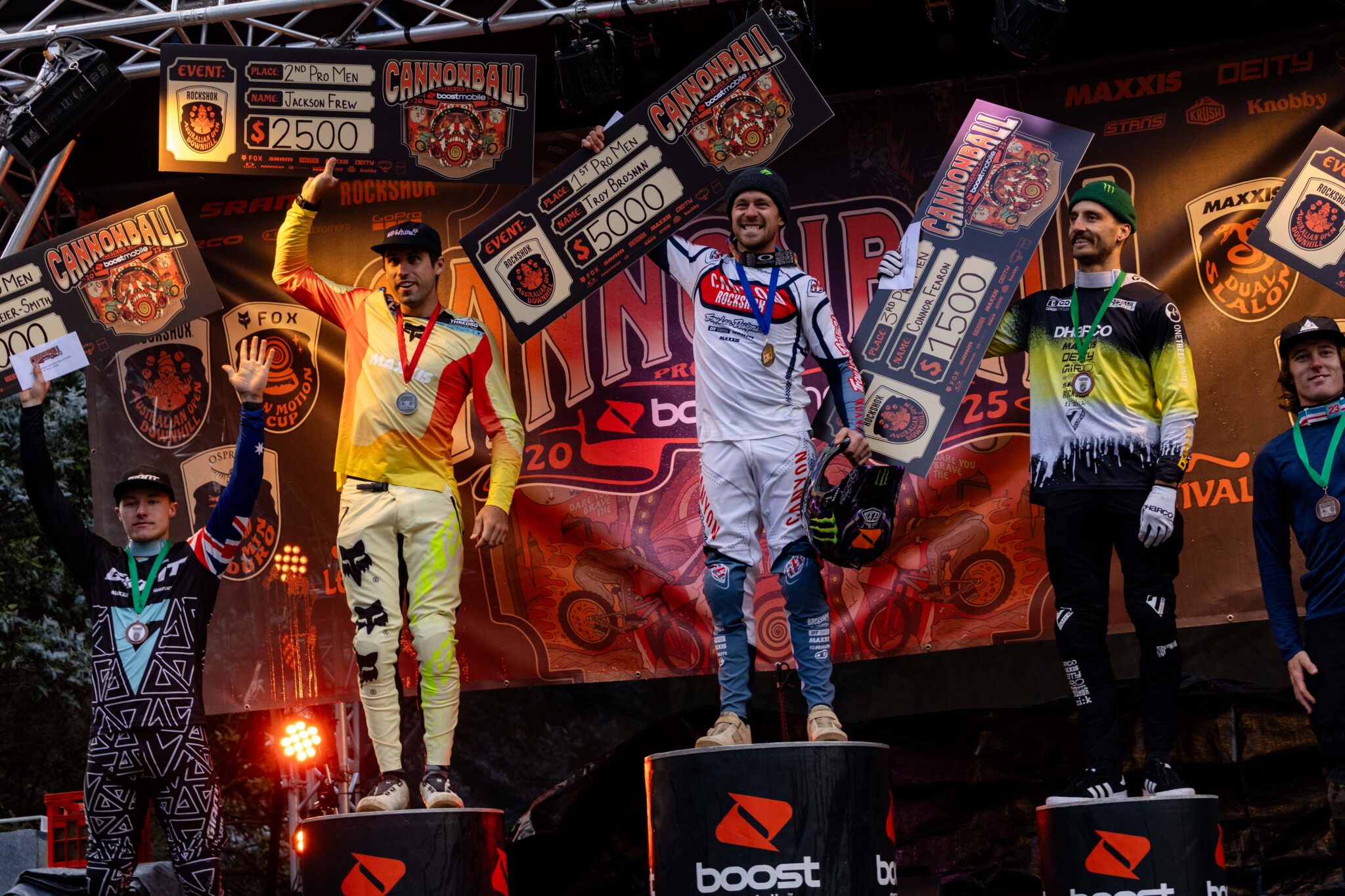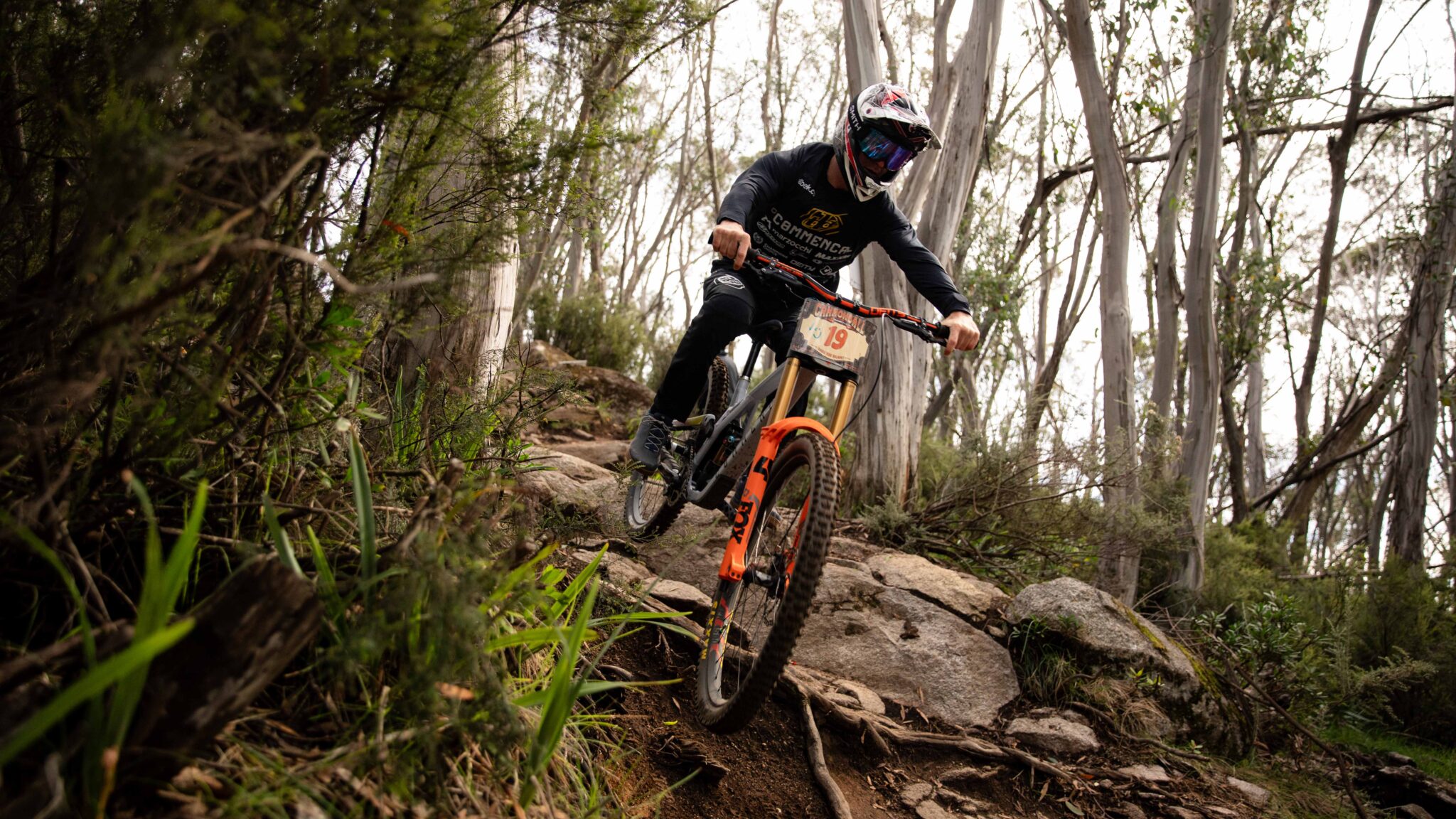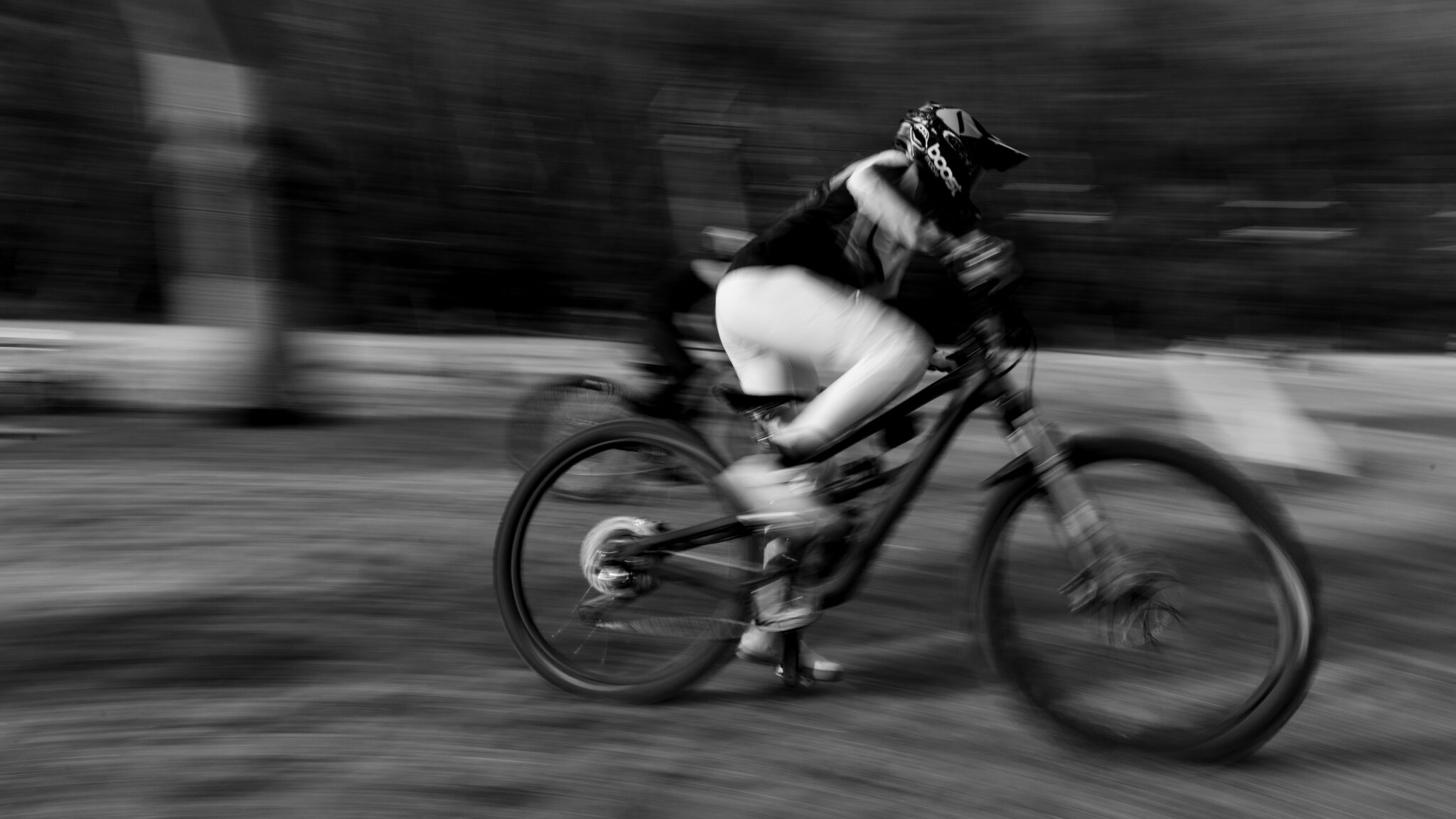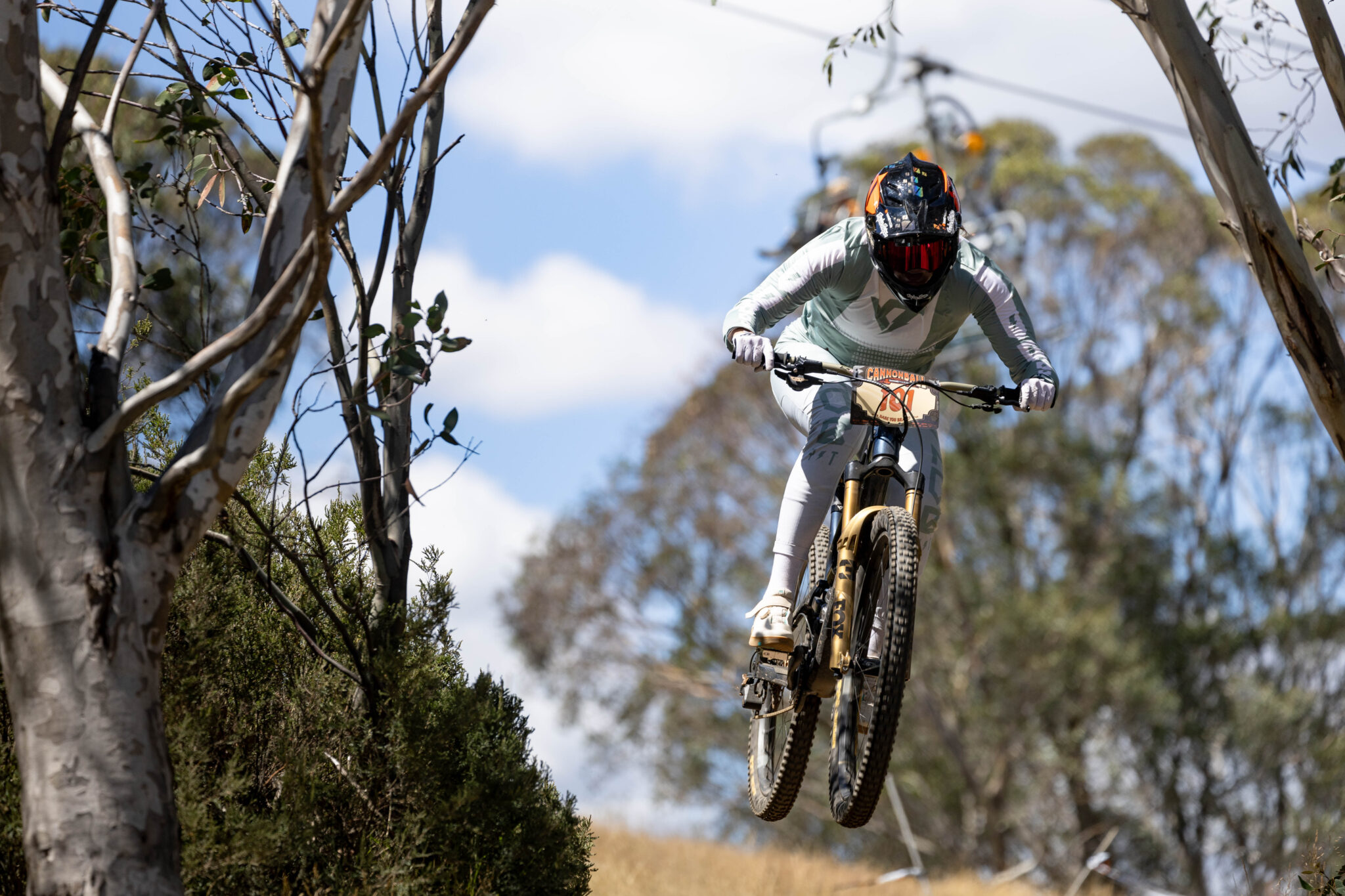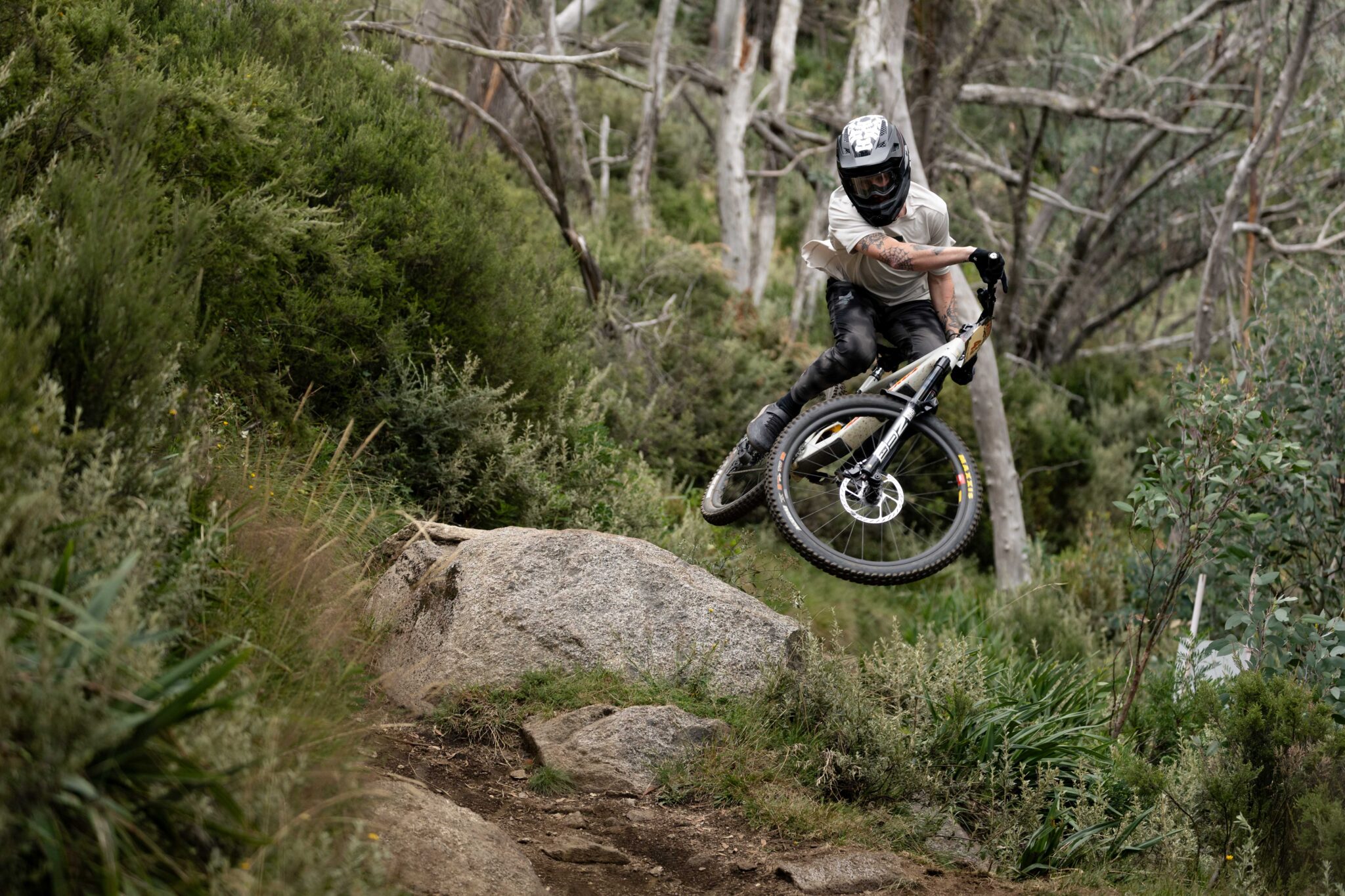Nature is nurture: mental health in the great outdoors
Leaning back we took in a few deep breathes of the mountain air, closed our eyes to listen to the sounds of the stream in the valley below and the breeze passing through the trees towering above.
Leaning back we took in a few deep breathes of the mountain air, closed our eyes to listen to the sounds of the stream in the valley below and the breeze passing through the trees towering above. With a body full of ‘the good stuff,’ we gripped a mountain bike in one hand and a fly rod in the other. This was nature, Australian Snowy Mountains style. We needed this!
We set up camp at Ngarigo campsite in the Thredbo Valley, Kosciuszko National Park. Ngarigo is the tribal name of one of the many aboriginal communities that inhabited the area, for as long as 8,000 years ago prior to European settlement and is now in the heartland of some of Australia’s most iconic mountain bike destinations. It is nothing short of a little alpine oasis, furnished with amazing wildlife and beautiful Australian native bush land, sitting in the shadows of Australia’s highest peaks.
My companion Cade, an avid outdoors exponent but not necessarily experienced mountain bike rider had recently started a new career and just needed some time to breathe in, to just breathe out again.
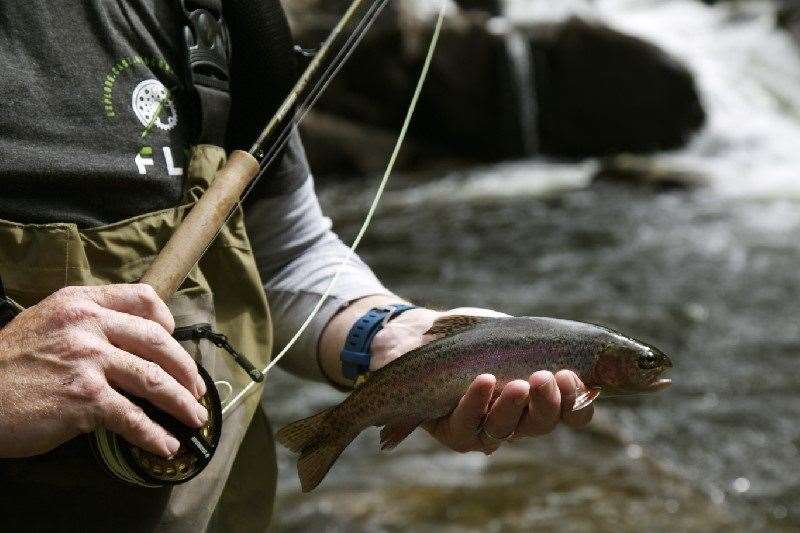
So it made sense that we found ourselves out in nature, planning to put some miles in the legs in the hope of also catching a trout or two for dinner. No distractions and zero stress.
This slice of Kosciuszko National Park has been synonymous within the fly fishing community since the turn of last century, but in recent years it has also become a huge draw card for the mountain biker, with the completion of about 20km of magnificent trails meandering down the valley.
Exploring this part of the world on a mountain bike, or with a fly rod was completely new to Cade. Combining these pursuits into one adventure was new to me, even though this amazing landscape was in my backyard.
We related our adventure to ‘Bear Grylls mountain biking,’ exploring the river on a bike and relying on hunting for food in the wilds of the Thredbo River. The reality was though; we were only a moment away from home cooking if we failed.
Traversing our bikes down the trail I was very conscious of riding ‘socially,’ but it was impossible to not let loose and enjoy the fun sections. However looking back, the time I was having on the bike was completely secondary to the enjoyment my fearless companion was having.
With a handful of high fives, great laughs and legs laden with dirt sweat and a little blood, we shouldered our bikes and crossed the river to a beautiful run of rapids where I had hoped we could secure some wild trout for dinner.
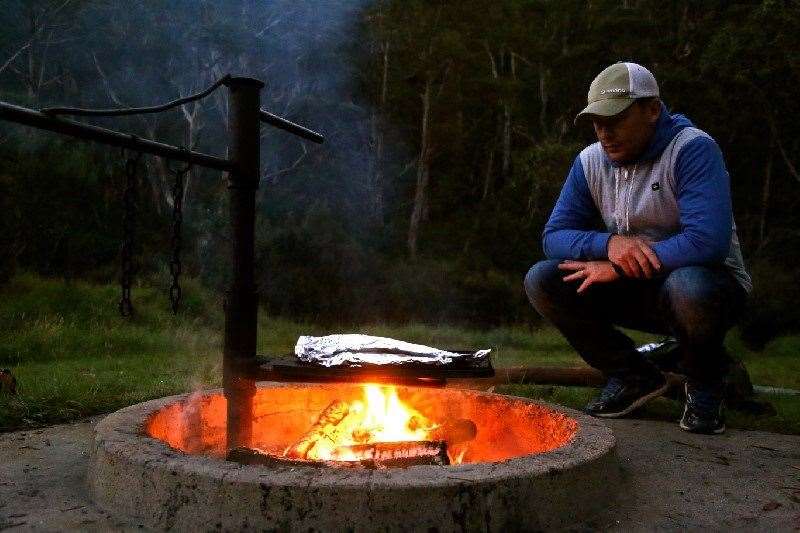
It didn’t take long to set up the rods and only after a couple of good casts; we had landed a two Rainbow trout, cleaned and ready for the hot coals. The timing was perfect, with all the fun of chasing each other down the valley, the sun was nearly set behind the main range and it was time to get to camp before the night sky would take over.
It is around the fire after a day like that do we find a place to have conversations that matter, something that we typically don’t do very well as Aussie men.
Not long before meeting Cade, our family had lost a brother to suicide; a story published only a couple of editions ago in AMB. It wasn’t long into our friendship that he confided to me his experiences with ‘the black dog’ and how his life was not far from becoming a statistic.
Looking back to his early 30s, Cade recounts his immense internal frustration when it had became clear that he was never going to make a career as a professional athlete, something he had dedicated his life to. His life quickly spiraled into a state of disrepair; binge drinking became a weekly habit and a once highly motivated individual lacked energy and enthusiasm for work, people and life.
It wasn’t until one night on an abandoned country road did he realise how serious his untreated mental state was, he pulled over and parked his car with tears streaming from his eyes.
What to do from here? Does he become a statistic, or does he get up and fight?
Fortunately, Cade put his hand up and asked for help and is now a passionate spokesman for mental health in our community.
Now some may think, not securing that professional career as an athlete and battling depression is an over-reaction that he could have somehow controlled. But depression is simply not a choice, or a weakness of character. It is a disease; a disease that affects more Australian lives than any other disease in Australia.
Recently there has been considerable interest from researchers in respect to depression and the workplace, including professional sport. The interest is driven by the growing recognition that anxiety and depressive disorders are highly prevalent in these arenas leading to impacts on performance and productivity. From a sufferer’s perspective, depression’s impact remains largely unmitigated due to stigma and in some cases a lack of effective interventions delivered in these settings.
Not many of us will ever have the experience of representing Australia in any sport but the reality is many of us can relate to these pressures in the workplace and in the household. The reality is screen-addicted Aussies are more stressed and distracted than ever. But there is a fundamentally simple therapy: get outside and get active!
Being in nature has long been associated with being mindful and meditative, but only recently has the scientific community researched the mental health benefits that participation in nature can fight off threads of mental illness like depression and anxiety disorders and can improve cognition and even boosts empathy.
The 48 hours we spent together out on the bike and exploring the wilds of Kosciuszko National Park is only a blink of the eye in the scheme of life, but this time had a profound affect on us both on a personal level and on a friendship level. We had conversations that really matter and now feel accountable to be there to listen and help out if either one of us need a chat.
‘Men In Flight’ hosted by The Fly Program, is a series of real-life stories shared through an adventure on a mountain bike, published in AMB Magazine. It is through the stories of everyday men; we hope to inspire those in the community who have been directly, or indirectly touched by a mental illness, or loss of a loved one to suicide. It is our hope that these real life stories we can encourage positive change in our community. The Fly Program is supported by Anytime Fitness and Trek Australia.

